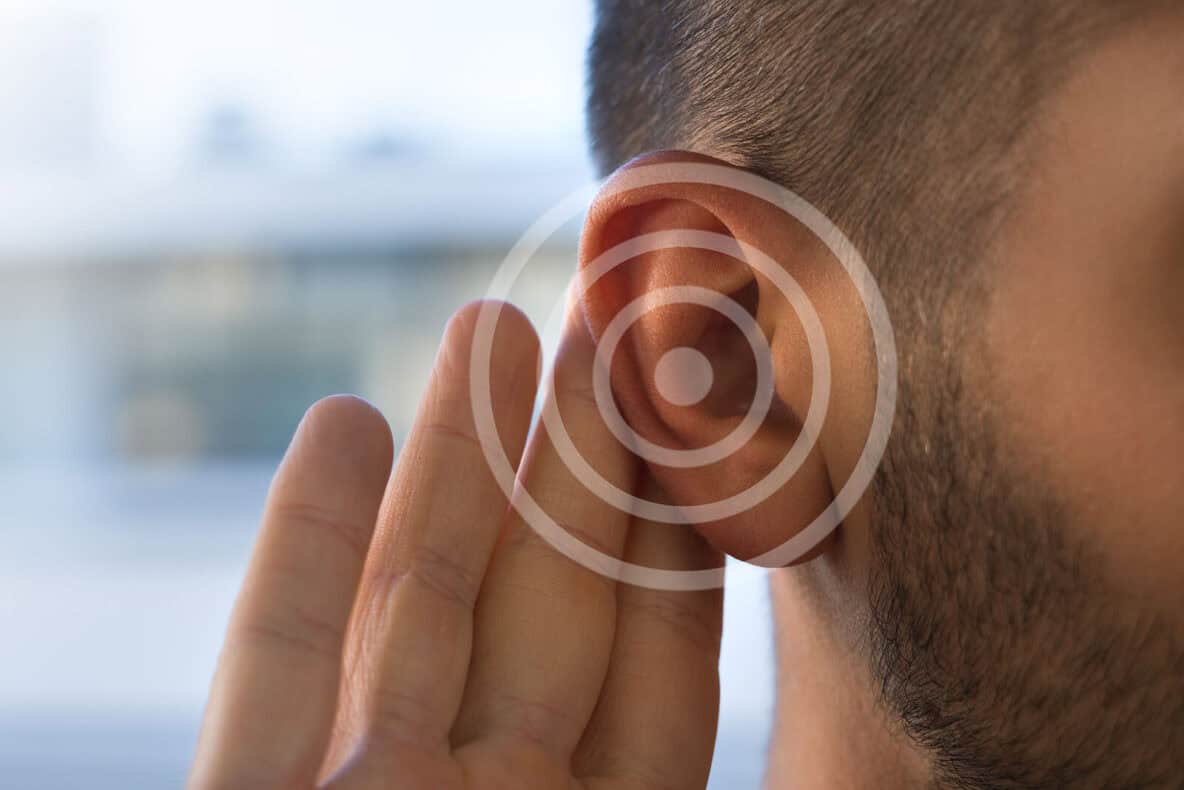Living with constant noise in the ears can feel overwhelming. The persistent ringing, buzzing, or hissing, known as tinnitus, is a common experience for many. It’s not a condition by itself but often a symptom of underlying issues, such as hearing loss or prolonged exposure to loud environments. While it may feel isolating, tinnitus is manageable with the right strategies and support.
Understanding its causes and potential remedies is the first step toward regaining control. For some, it’s as simple as making lifestyle adjustments; a professional hearing health exam can provide clarity for others. Either way, there’s no need to endure the noise without solutions.
Understanding Tinnitus and Its Causes
Tinnitus refers to the perception of sound without an external source. It can range from a soft hum to a high-pitched squeal and can vary in intensity. Common causes include exposure to loud noises, age-related hearing loss, earwax blockages, or certain medical conditions. Stress and anxiety can also heighten awareness of tinnitus, making it more pronounced.
Not everyone experiences tinnitus the same way. For some, it’s occasional and barely noticeable. For others, it’s a constant presence that disrupts daily life. Consulting a hearing health professional for a thorough hearing health exam can help uncover the root cause and determine the best course of action.
Creating a Quieter Environment
External noise can sometimes worsen the perception of tinnitus, so reducing exposure to loud sounds, such as blaring music or machinery, is a practical step. If avoiding noise isn’t possible, wearing high-quality ear protection, like earplugs or noise-canceling headphones, can prevent further damage to hearing and lessen the strain on the ears. At home, background sounds like a fan or soft instrumental music can help hide the ringing in the ears, making it less noticeable.
Exploring Stress Management Techniques
Stress often amplifies tinnitus, making it feel more intrusive. Practices like meditation, deep breathing, or yoga can help reduce stress and promote relaxation. Taking a few minutes each day to practice mindfulness can create a sense of calm, which may decrease the intensity of tinnitus.
Physical activity is another effective way to manage stress. Regular exercise improves well-being and encourages better sleep, which tinnitus can often disrupt. Sleep quality plays a significant role in coping with the condition, as exhaustion can make it harder to tolerate the noise.
Contact us today to schedule an appointment!


